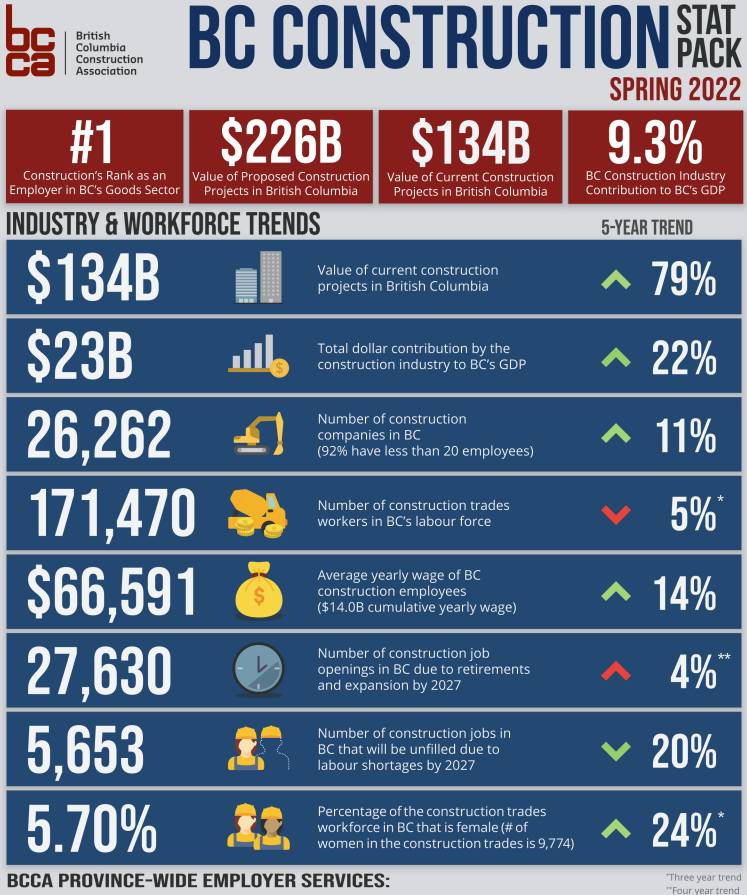Monday morning news drop
Emmanuel Macron re-elected president, vows to unite France despite far-right gains Nationalist rival Marine Le Pen scored best-ever showing despite loss (CBC)
Empire State is one of the most energy-efficient buildings in the world. Can others follow suit? Iconic building built in 1930 reduced its carbon emissions by more than 50 per cent last year (CBC)
Business Leaders Know the Climate Status Quo Is Untenable New carbon removal funds show the private sector is stepping up on climate, and that’s reason for optimism. (Bloomberg)
Big Tech hiring cements Canada's status as Silicon Valley North — but there's a catch U.S. giants can suck up tech talent with compensation packages that startups can't match (CBC)
How Bricks Might Save Clicks Rising costs of doing business online is making physical retail more appealing for e-commerce brands (WSJ)
A.I. Is Mastering Language. Should We Trust What It Says? OpenAI’s GPT-3 and other neural nets can now write original prose with mind-boggling fluency — a development that could have profound implications for the future. (New York Times)
America Gave Up on Overtime—and It’s Costing Workers $35,451 a Year Overtime pay was one of the biggest deals of the New Deal reforms—along with the prohibition of child labor and the establishment of a federal minimum wage. But sometime around 1975 the prosperity of working Americans was dramatically severed from that of the economy as a whole. (Time)
Inside the New Right, Where Peter Thiel Is Placing His Biggest Bets They’re not MAGA. They’re not QAnon. Curtis Yarvin and the rising right are crafting a different strain of conservative politics. (Vanity Fair)
Simpsons Forever Born as a primetime satire of Middle America, The Simpsons has become something else: the inspiration for all kinds of high art, from the runways of Balenciaga to the canvases of KAWS. GQ goes inside the minds of the show’s creators—and gets a rare interview with Matt Groening—to explore our most influential sitcom’s enduring power. (GQ)




